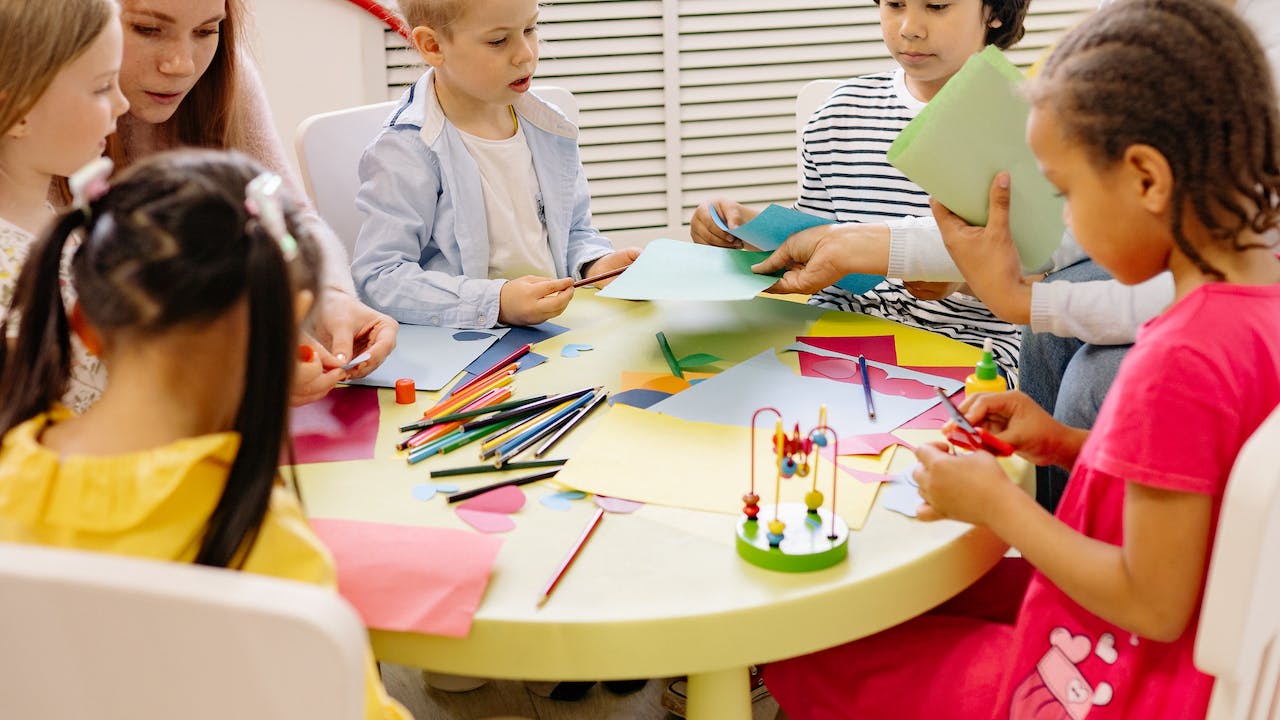At the heart of the Learning Experience Curriculum lies a robust philosophy that champions a child-centric approach. This educational model is sculpted with the belief that every child is unique, possessing an innate curiosity and a distinct learning style. By acknowledging and fostering these individual traits, the curriculum paves the way for personalized education that resonates with and enriches each student.
With an ever-evolving landscape, the Learning Experience Curriculum embraces change, incorporating the latest educational research and societal needs into its framework. It’s a dynamic blueprint that evolves as new challenges emerge in our rapidly changing world, ensuring that students are not just keeping pace, but are well-equipped to lead the charge into the future. The structure of the curriculum is built on a foundation of core subjects that offer depth and diversity, complemented by interdisciplinary learning that breaks the barriers between traditional disciplines. This integration reflects the interconnected nature of knowledge and the world, encouraging students to draw connections and apply their learning in complex, real-world situations.
In this comprehensive guide, we delve into the intricacies of this curriculum, highlighting its unique approach to creating an environment where learning is not just an activity but a diverse and rich experience.
Outline for the Complete Article:
- Conceptual Overview
- Definition and Philosophy
- Core Principles
- The Evolution of the Curriculum
- Framework and Structure
- Subjects and Disciplines Covered
- Integration of Interdisciplinary Learning
- Modular Approach
- Developmental Focus
- Early Childhood Education
- Middle Years’ Cognitive Growth
- Preparing for High School and Beyond
- Teaching Methodologies
- Interactive Learning Techniques
- Role of Technology
- Critical Thinking and Problem Solving
- Cultural and Social Integration
- Global Awareness
- Community Service and Civic Responsibility
- Social Skills and Collaboration
- Customization and Flexibility
- Personalized Learning Paths
- Adaptive Learning Technologies
- Addressing Different Learning Styles
- Assessment and Evaluation
- Progressive Assessment Methods
- Continuous Feedback Mechanism
- Preparing for Standardized Testing
- Teacher’s Role and Development
- Professional Development for Educators
- Teacher as a Facilitator
- Collaborative Educational Environment
- Parental and Community Involvement
- Engaging Parents in the Learning Process
- Building School-Community Partnerships
- Transparency and Communication
- Success Stories and Outcomes
- Case Studies
- Alumni Achievements
- Long-Term Impact
- Challenges and Future Direction
- Addressing Educational Gaps
- Innovation in Curriculum Design
- Predictions for Future Trends
- Conclusion
- Summation of Key Points
- The Role of the Learning Experience Curriculum in Modern Education
- Call to Action for Stakeholders

